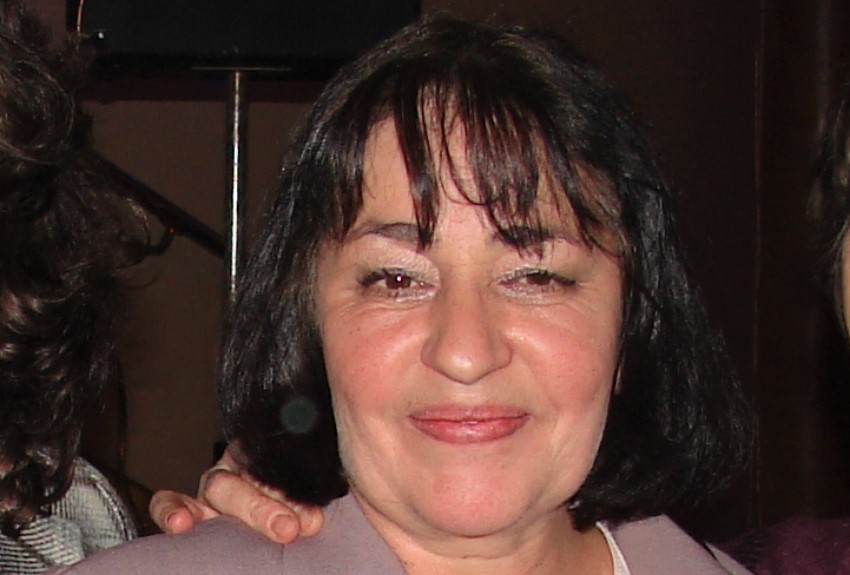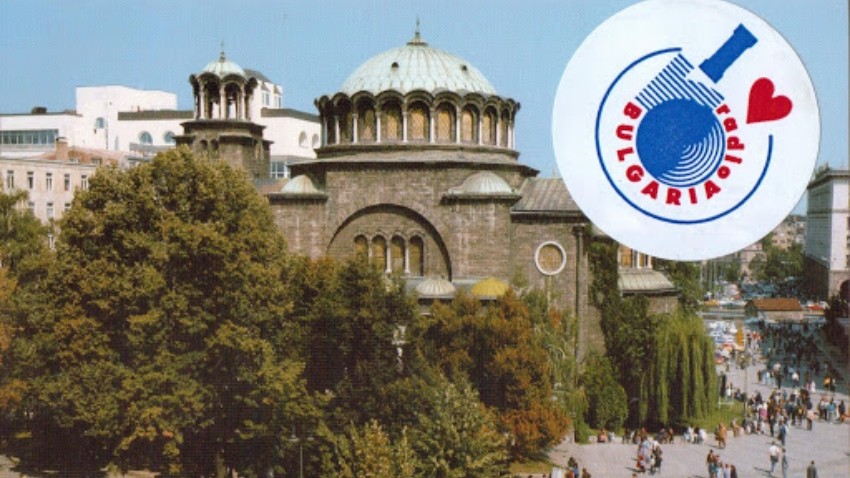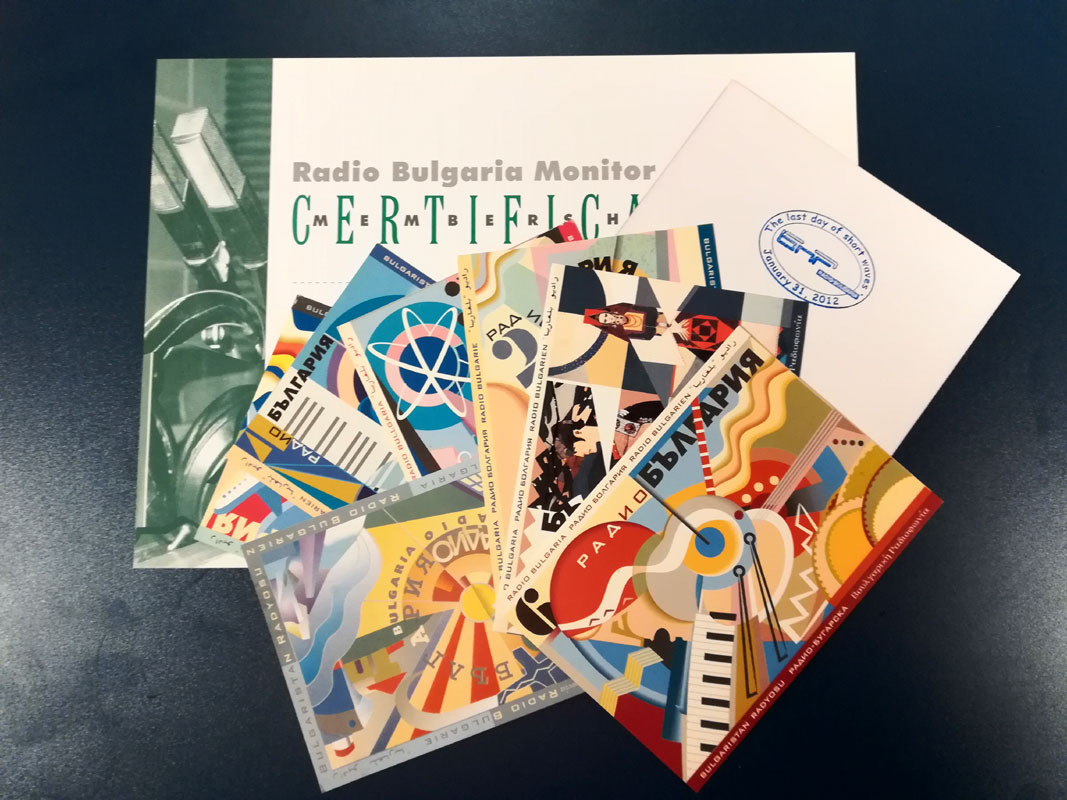The Bulgarian language editorial team of Radio Bulgaria are the ones that together with the reporters from the former Central Information Service, have been responsible for the creation of a significant part of the articles and broadcasts that serve as this country’s business card to Europe and the world.
Silvia Nikolova has been at the core of this work in the editorial office for decades. She defines her work in Radio Bulgaria as a vocation and time that has left lasting memories. She started her professional career at the Bulgarian National Radio back in 1980 as a translator and presenter, editor and then senior editor in the Arabic section of the radio. She continued to work in Radio Bulgaria even after the first closure of the editorial office back in 1989, when she received a new opportunity:

"An internal competition took place in Radio Bulgaria," Silvia recalls. “A new and large editorial office was being created for the Bulgarians abroad. Programs were recorded and lasted 3-4 hours a day and each of us specialized in a particular field. I focused on the sphere of tourism. A little later we switched to live broadcasts. Our programs focused on the life of Bulgarians around the world and on topical issues in Bulgaria."
Interest in the broadcast was extremely high and due to the specifics of the Bulgarian diaspora, special programs were produced in other languages in addition to Bulgarian.

"Bulgarians around the world - both the old communities and the new emigrants, listened to us,” Silvia Nikolova says. “For example, in Thessaloniki, where our program was heard very well on medium waves, Bulgarians listened to us and were getting informed. It was the same in Spain - Bulgarians there wanted us to make a special show for them. But we also sent programs to our colleagues in Argentina. These programs were in Spanish and Bulgarian, as many of our compatriots born in Argentina did not know Bulgarian well. The meetings with colleagues from Bulgarian media around the world were also very interesting, because they allowed us to get thoroughly acquainted with the problems faced by the diaspora. This is how we learned how to make our programs for people outside Bulgaria useful for them”

The feedback that each language team has been receiving from all over the world clearly shows the interest in the programs of Radio Bulgaria during all those years. For example, thanks to listeners' letters, the team learned that special Radio Bulgaria listening clubs existed in some Arab countries. About 100 letters a day used to be received from the audience there and they were answered personally, as a sign of respect.
These days Silvia Nikolova has not stopped believing that Radio Bulgaria is a real treasure for the Bulgarian National Radio because of its mission to represent this country in so many languages.
English: Alexander Markov
Photos: archiveUnder the motto "Responsibility, Unity and Security" on November 5 and 6, 2025, a German-Bulgarian seminar for journalists and public figures was held in the Hyatt Regency Sofia Hotel. The organizers were the European Academy in..
The European Commission praise s Montenegro’s progress toward EU membership North Macedonia needs decisive action and reforms to begin negotiations with the EU, according to the European Commission’s annual report on the progress of..
In the summer of 2014, photographer Philippe Bazin and philosopher Christiane Vollaire traveled around Bulgaria, investigating a series of self-immolations in the country that happened in 2013. They filmed over 30 locations, conducted..
Security cameras captured a bear in a residential neighborhood of the town of Karlovo a few days ago. The predator came down to the houses in the..
For 15 years, Stela Nedkova has been living in Brussels . After completing her education in Bulgaria, she decided to test herself in a different reality..
In Gabrovo – a city in the geographical center of Bulgaria, once described as the Bulgarian Manchester, but today facing demographic..

+359 2 9336 661
